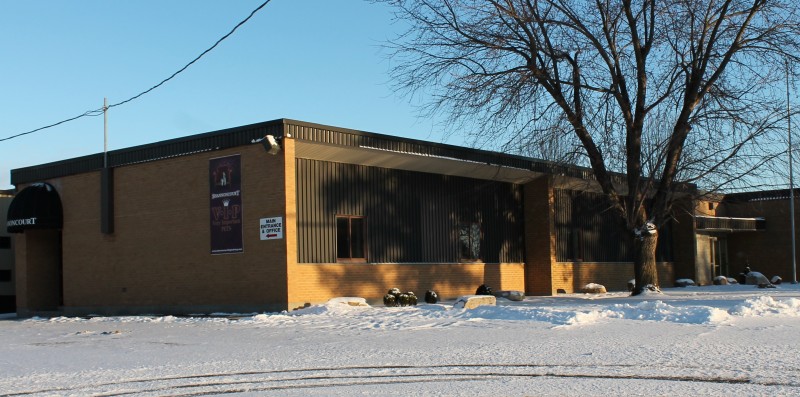
CFN – I finally finished transcribing the 1851 Charlottenburgh township census records. On the final pages of the census record Mr A Kennedy, the census taker, had the following to say about the educational state of the residents.
”…… – be the fault where it may Education is not progressing as it aught in this township. It was melancholy to see groups of young intelligent children that could not say they attended any school during any part of 1851 – The people seem to be divided in too many instances, either on the site, the salary or capacity of the teacher, whether free or upon the old system. I found a strong feeling against a free school system in this township. Some old and intelligent farmers said that nothing could be more unreasonable than to tax them for educating others peoples children, just at a time when they were done educating their own children. I would be telling that their children’s children in their turn ere long would be educated by the very people having the benefit of the system now. In many cases they would say if I could assure them that such would be the case they would have nothing or less now against the system, but that they expected nothing else when such a period would arrive from the majority of those (reaping?) the benefit of the system now – but to turn around and deny it to them. I would tell them that if they and others like them would give in to the system now, the legislature would soon make them done on that score.”
His report made me wonder what was happening at the time so I did a little research. Just two years before this time the counties, cities, towns, villages and townships of Upper Canada had been reorganized into a system of elected local councils, described as responsible government. How this came about is another story.
Somewhere between 1844 and 1850 Egerton Ryerson passed legislation to ensure education was available for all. The system was accountable to elected local school boards and funded by general provincial and municipal taxes supplemented by parents of the students
Prior to this the education system had been designed for the benefit of the most affluent; funded by parental fees and scholarships.
I’m not sure that in the long term the promise to those old farmers was kept? Does the current local government meet the goal of equal education for all, or does having 4 elected school boards ensure more funds are spent on bureaucracy than on the education? Would they have seen the closing of some of the public schools like Martintown as a betrayal?
There is a lot more to this report, if anyone is interested in reading the rest of it you can find it at http://www.collectionscanada.gc.ca/databases/census-1851/001005-110.01-e.php?PHPSESSID=0h88crpmv5covv43tjquubmbg2&q2=CW&q1=&q4=Glengarry&q5=&q6=&q7=&q9=&q10=Charlottenburgh&interval=20
Click on associated images go to “p. 109d, 110a, (219)” and click on the jpeg or PDF file to see the original census record.
References: White, Randall; Ontario 1610-1985, a political and economic history; Dundurn Press; Toronto and London; 1985

This is such important work, thanks for sharing your efforts so we can have a glimpse into another time.
The detail being looked at, crops, livestock, and buildings, along with impairments of people, can go a long way towards one’s own family history research. The politically correct of that day was very different, allowing the census taker to make/record judgements on deaf/dumb, blind and lunatics for example, and would need upgrading for today.
Thanks Eric
You obviously read the rest of his report / opinion. The meaning of words has really shifted, he would sound almost mean today, using the terms he does but I think his tone was compassionate.